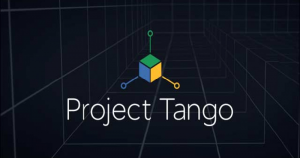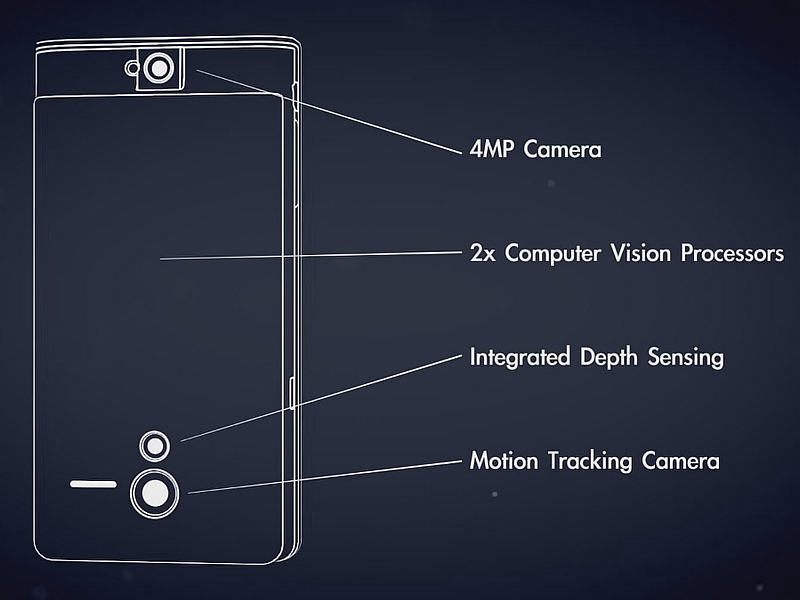
Lenovo Partners With Google & Unveils First 3D Smartphone Based on Project Tango At CES 2016
Lenovo, the Chinese smartphone manufacturing firm partners with the search engine giant Google and has announced the development of the first consumer mobile device based on the Project Tango. At the ongoing CES show all the latest developments surrounding the consumer-electronics of various companies and brands have been showcased. This CES International Trade Show 2016 is held in Las Vegas. At the CES 2016 event held on 7 January, Lenovo announced that it will release the first 3D smartphone for consumers with Google’s Project Tango hardware and software within it, by June-July this year.
Google and Lenovo announced that they would begin selling a smartphone that can view in distances and can do things like measure the height of your ceiling or the area within the room just by touching a few points on the screen when pointing its cameras up and down. The Chinese tech firm plans to launch the handset “this summer” which would be sold globally for below $500.

The device comes with a screen below 6.5 inches diagonally. The new smartphone comes powered by a Qualcomm Snapdragon processor, where the device’s screen becomes a window that can overlay digital information and virtual objects onto the real world.
Lenovo Partners With Google to Launch First 3D Smartphone
Test devices have been in the shape of a small tablet that executives said was too large for consumers to use easily. In a demo showing the capabilities of such smartphones, executives demonstrated how to play a virtual game of Jenga on a real coffee table. They even demonstrated how virtual pets could respond to things in the real world when detected in the phone’s gape. One app also appeared to place virtual furniture and appliances in a room measured by the device to see if they would fit.
Google’s Project Tango is an advanced computer vision system that includes motion tracking, depth perception and area learning, which supports the device’s motion sensors to sense the space it is inside. This project Tango is aimed at aiding a range of expanded reality experiences. The companies also put out a proposal for developers to apply to an app incubator by mid-February with the approval that the apps could come pre-installed in the handset when it goes on sale.